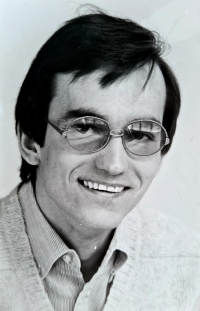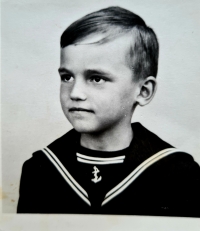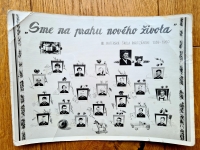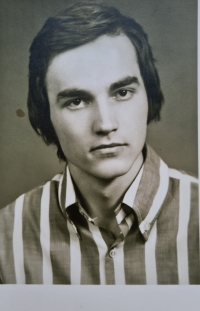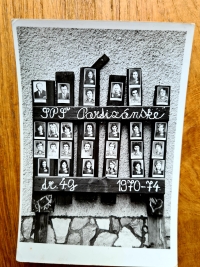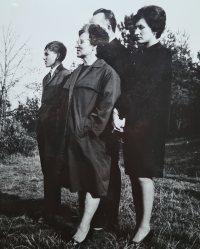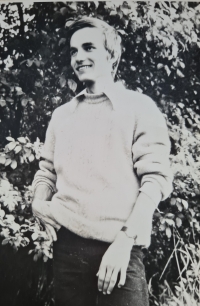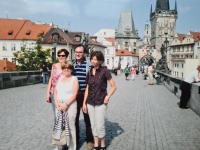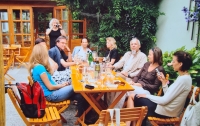One shall rise above that, which cannot be changed

Download image
Josef Kyska (formerly Kyška) was born in Partyzánské, formerly Batovany, on the seventh of February 1954 into a well-established family. Josef Kyska’s father was already a high-ranking manager in the local Bata plants before February 1948. Due to his expertise and experience, he remained in his position even after the communist takeover. Even so, due to his bourgeois background, the young Josef Kyska was subjected to bullying at school by committed teachers. His struggles with the communist establishment culminated in several refusals to study at university, despite his efforts to improve his cadre profile by working in the blue-collar professions. The decision to flee abroad became more and more mature in a young, thoughtful man with a desire for self-realisation. Thanks to contacts in the underground church of which he was a part, he was able to prepare a plan for emigration to Austria. Under the pretext of attending the hockey championship in Vienna, he managed to leave the Czechoslovakia in the spring of 1977. In Vienna, under dramatic circumstances, he escaped from the trip and applied for asylum. He later studied philosophy and theology at the University of Vienna. After his studies he taught at secondary and higher education institutions. He married and started a family in Austria. In 2023, he was still living in Austria.


